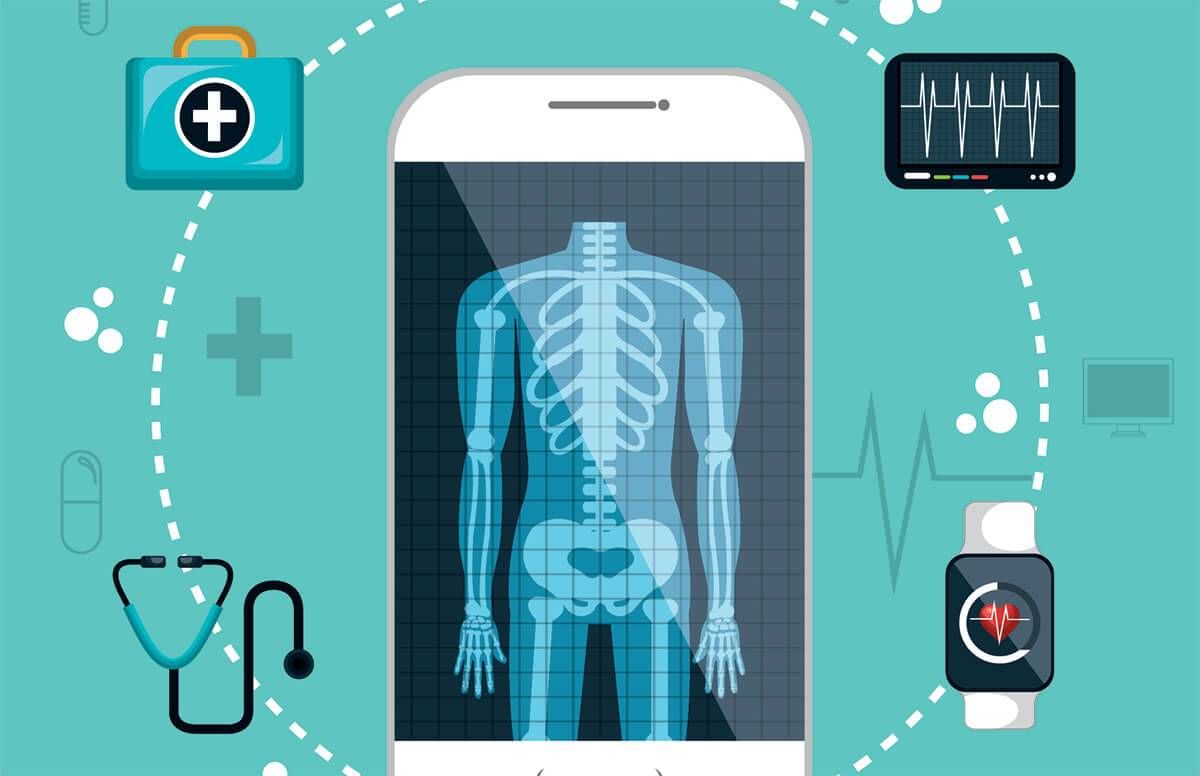Startups to Age Healthier Look to Silicon Valley for Support
These saw the most enthusiasm at the Silicon Valley Boomer Venture Summit
Many startups aim to use technology to improve the lives of people as they age, from app-enabled ride sharing services to online marketplaces that help people find and manage caregivers. But the startups that generated the most enthusiasm in a business plan competition at the Silicon Valley Boomer Venture Summit, an annual conference recently held in the San Francisco Bay Area, came from the biotech world and aimed to help people age healthier.

Top Winner Offers Better Surgical Stitching
BaroStitch, the competition’s prizewinner, offers a better way to stitch up arteries after surgery. Other companies showcased a nonsurgical method to decrease arthritis hand pain, ways to control high blood pressure and a plan rooted in hormone therapy and DNA swabs that promises to make you live longer and feel younger.
The growth and promise of these companies stems from a new breed of entrepreneur emerging from schools like Stanford University and the University of California, Berkeley, according to Jody Holtzman, a business consultant who now leads the market innovation group for AARP.
“These interdisciplinary programs have ridiculous science, combined with design, combined with an MBA, and they’re manufacturing young people who can build companies,” Holtzman said.
Consider BaroStitch, which won the $10,000 prize. Its founders emerged from Stanford’s Biodesign program, where they identified a problem: While many modern surgeries utilize patients’ endovascular systems, they wind up putting so many devices into people’s arteries that the interior walls calcify, leading to what co-founder Eric Kramer called a “bird’s nest” of sutures prone to infection.
With a more elegant method of closing up arteries, Kramer said, BaroStitch could reduce the length of hospital stays, saving health systems thousands of dollars per patient. With the number of those arterial procedures growing by 10 percent per year and passing 500,000 last year, Kramer said the market for BaroStitch’s solution is as much as $390 million.
Holtzman said the judges evaluated the companies as they would any investment, and they particularly liked both the real market opportunity and the strong intellectual property component of BaroStitch’s pitch.
The Next Startups Set to Fuel the Health Care Industry
In addition to Holtzman, the judges included Nancy Steele, vice president of external ventures for Pfizer Consumer Healthcare, and Marti Nyman, vice president of market innovation for UnitedHealthcare, among other investors and executives. The presence of such big health care companies was not lost on the audience.
“The health care industry needs startups,” Nyman told the crowd. “You see things differently than big companies.”
Another Stanford Biodesign fellow, Ashley Waring, now runs Carpadien, which produces what she called “a revolutionary device that can alleviate pain in the wrist from arthritis without medication.” At the moment, the only solution to this debilitating pain, which affects 36 million Americans, is surgery, sometimes a snip of the nerve. Waring drew uncomfortable gasps from the audience when she described an even more common procedure: “a highly intensive bone removal with a corkscrew-like device” that sidelines people for a year.
Carpadien, on the other hand, proposes ultrasound therapy that is noninvasive and can be done in a doctor’s office.
Two companies proposed treatments for hypertension, or high blood pressure. One startup founder, Ben Bowman of Geneticure, called it a “silent killer that affects half of all Americans.” Doctors may tell you to stop smoking and drinking, eat healthier foods and exercise, but if the blood pressure doesn’t return to normal in a few weeks, they start adding drugs one at a time. It’s common that a hypertension patient will need five doctor’s visits over the course of a year, yet the patients still don’t always take their medicine or get their blood pressure under control, Bowman said.
Geneticure represents a foray into the emerging world of precision medicine, where a simple swab of the cheek will help identify the right drug for the right person. Armed with that information, “we’re three times better at getting the patient under control right away,” Bowman said. “It takes four weeks instead of 55, one drug instead of three, and because we’re quicker, we see more compliance.”
Another company, PhysioCue, attacks high blood pressure with a small handheld device that, when applied to the carotid artery for five minutes a day, can shave 20 points off someone’s blood pressure. As an added bonus, you can see the results without needing a bulky blood pressure cuff. And the device connects to an app that can send data to the cloud, so doctors and family members can help monitor the patient.
Hunter Howard of Dallas started Hormone Therapeutics based on his own experience with a mystifying illness. “Two years ago, I had brain fog, headaches, migraines, my energy level was low, I had low testosterone levels,” he said. He suffered from psoriasis and “massive food allergies.” Yet doctors struggled to reach a diagnosis.
“That woke me up,” Howard said. “Here I am, a health care executive in a big medical city and doctors are prescribing medicine to deal with each symptom, rather than the root cause. I thought, if we could find the right test with the right guidance, we could help people lead longer, healthier lives.”
He said the problem is endemic in the modern medical system. Doctors aren’t taught enough about the endocrine system; they focus on crisis management rather than preventive care and they too quickly dismiss ailments, saying, “That’s a normal part of aging. We’re not going to treat that.”
Hormone Therapeutics sells a “360 degree health optimization platform” starting at $200, running tests and giving people coaches — physicians who practice telemedicine.
“Our mission is to add 20 healthy years to every life,” Howard said.

